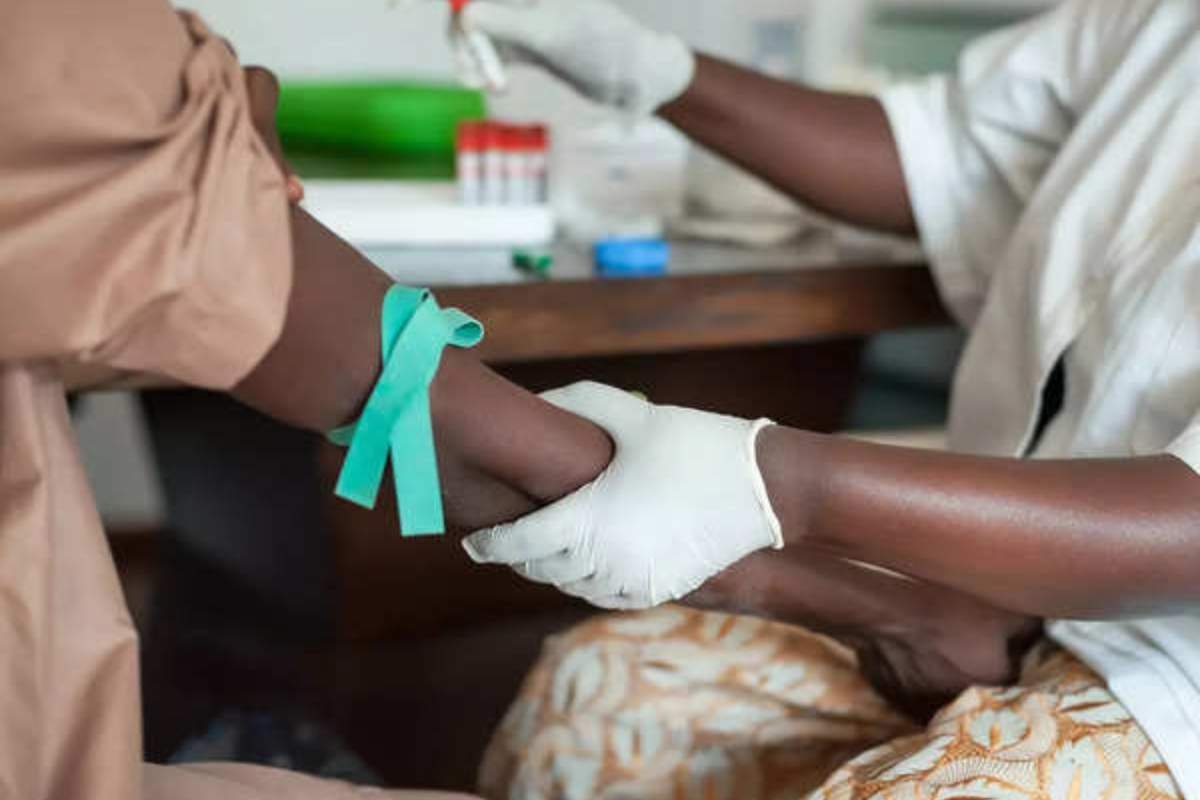[Source – economictimes.indiatimes.com]
Rwanda has reported a sharp rise in deaths caused by Marburg hemorrhagic fever, prompting heightened efforts to control the outbreak as authorities investigate its source.
Death Toll Rises as Investigation Continues
The deadly Marburg virus has claimed 11 lives in Rwanda, with health authorities confirming 36 cases as of Thursday. Of these, 25 individuals remain in isolation, while officials scramble to trace the outbreak’s origin. The first cases were reported among patients in healthcare facilities, but the source of the virus is still unknown, raising concerns about further transmission in the country. Rwanda declared the outbreak on September 27, reporting six deaths just a day later.
The Marburg virus, which shares similarities with Ebola, causes severe hemorrhagic fever and has a fatality rate of up to 88% without treatment. The World Health Organization (WHO) has expressed concern about the potential for the virus to spread internationally, given Kigali’s status as a regional transport hub with an international airport. WHO Director-General Tedros Adhanom Ghebreyesus emphasized that the risk of spread is highest within Rwanda and the surrounding East African region, while global risk remains low.
International Response and Rising Concerns
The Marburg outbreak has sparked international concern. In Hamburg, Germany, two individuals who had recently returned from Rwanda were isolated after being in contact with Marburg patients. While both tested negative for the virus, the situation caused alarm, prompting authorities to take precautionary measures, including cordoning off part of a train station. One of the individuals, a medical student, had reported feeling symptoms but later tested negative.
Within Rwanda, healthcare workers are among those most affected, with cases reported across six districts, including regions bordering neighboring countries such as Congo, Burundi, Uganda, and Tanzania. Rwandan health authorities have identified at least 300 people who came into contact with confirmed cases, many of whom are currently in isolation. The country is ramping up testing efforts, having already screened 2,000 individuals, with more test kits on the way.
Preventive Measures and Vaccine Trials
Rwanda Reports At Least 6 Deaths, 26 Cases in Marburg Virus Outbreak
In response to the growing threat, Rwandan authorities are implementing strict measures to prevent further spread. Public health guidelines encourage residents to avoid physical contact, and visits to schools and hospitals have been suspended. Funerals for Marburg victims are also limited, with home vigils prohibited if the death is linked to the virus. The U.S. Embassy in Kigali has advised its staff to work remotely and avoid offices.
Rwanda’s Health Minister, Sabin Nsanzimana, announced that clinical trials for a Marburg vaccine would begin soon, though details about the specific vaccine remain unclear. Meanwhile, testing continues across the country, with symptoms such as fever, muscle pain, and body aches being closely monitored.
Marburg outbreaks have been previously documented in other African nations, including Uganda, Tanzania, and Ghana. The virus, believed to originate in fruit bats, spreads through direct contact with the bodily fluids of infected individuals or contaminated surfaces. While no approved vaccine or treatment exists, early isolation and proper care can help reduce fatalities.







